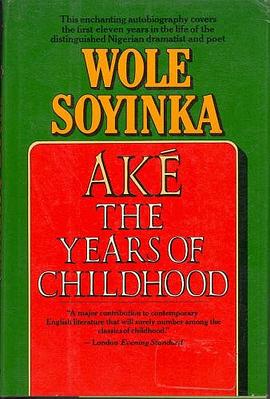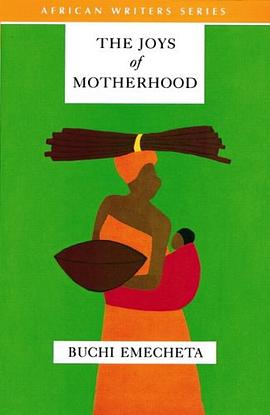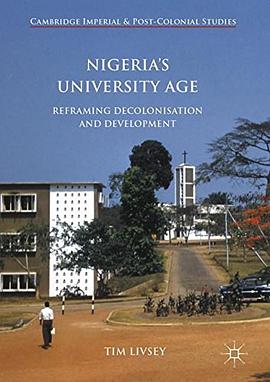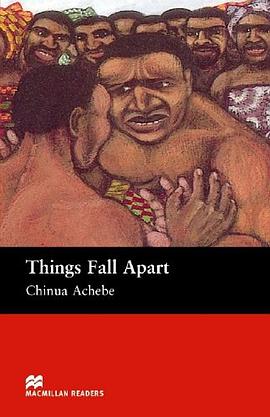

In this insightful book, development historian Bekeh Utietiang Ukelina addresses the crisis of development in Africa by locating it in its colonial historical past. Using Nigeria as a case study, he argues that the nature and practice of British colonialism in this colony created social and economic deficiencies that have left a legacy of underdevelopment.
Ukelina outlines the processes that led to the 1945 Nigerian Development Plan and the evolution of colonial agricultural policy and practices in Nigeria. He argues that a few key factors led to the failure of development in the late colonial period: the imperial and neocolonial imperative to exploit African resources and people, poor planning as a result of this imperative, and the racial ideologies of the colonial state that resulted in a total rejection of local African experience and knowledge in favor of Western ‘experts.’
The Second Colonial Occupation uncovers and analyzes the short and long term impact of colonialism. It reveals that though colonial rule was promoted as a benevolent mission, at heart, it was a system that guaranteed that Africans continuously paid for their own exploitation. Ukelina argues that ‘postcolonial’ Africa will continue to face development challenges unless it breaks free from the intellectual relics of colonial rule and the economic shackles of neocolonialism.
具体描述
读后感
评分
评分
评分
评分
用户评价
相关图书
本站所有内容均为互联网搜索引擎提供的公开搜索信息,本站不存储任何数据与内容,任何内容与数据均与本站无关,如有需要请联系相关搜索引擎包括但不限于百度,google,bing,sogou 等
© 2025 book.wenda123.org All Rights Reserved. 图书目录大全 版权所有




















